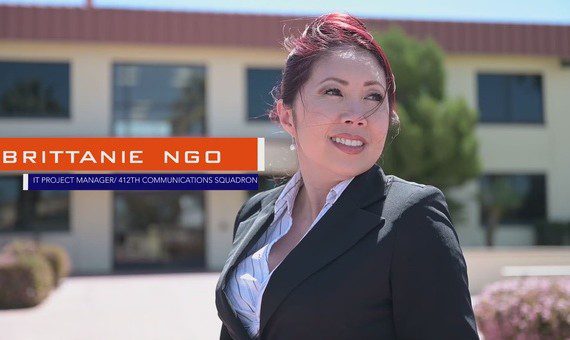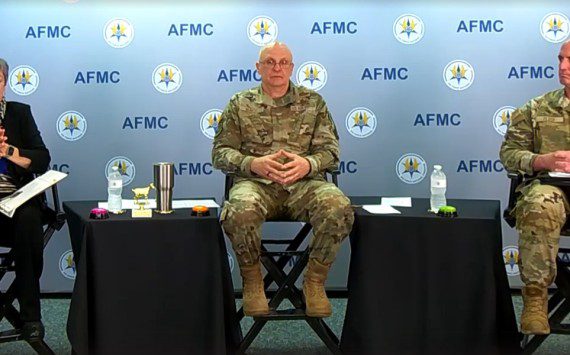Computers, like your body, can only be kept healthy through proper hygiene.
Air Force computer users are being asked to exercise good cyber hygiene by taking steps to help maintain system health and improve online security.
“Defensive measures are not enough,” said Shefali Gajiwala, wing cyber security branch chief with the 75th Communications Directorate, Hill Air Force Base, Utah. “Computers don’t keep themselves safe. Users are the first line of defense and must be suspicious of anything that touches a computer electronically.”
Here are 10 cyber hygiene best practices to protect your computer and keep it healthy:
Use strong password protection and authentication
Complex passwords changed regularly can prevent many malicious activities and protect cyber security. Creating unique, complex passwords (a combination of at least 10-15 letters, numbers, and symbols) is essential. Don’t use the same passwords on different systems, and more importantly change them regularly.
Software updates
Updating the software you use or perhaps getting better versions should be a part of your regular hygienic review. This is essential with operating systems and internet security software.
Hardware updates
Older computers and smartphones may need to be updated to maintain better performance and prevent issues.
Manage you social media settings
Keep your personal and private information locked down. Social engineering cybercriminals can get your personal information using a combination of data points, so the less you share publicly, the better.
Enable firewall protection at home
Having a firewall is a first line of defense in helping protect data against cyberattacks.
Install a full-service security suite
A full security suite helps protect your private and financial information when you are online and will provide protection against existing and emerging malware including ransomware and viruses.
Backups
All data should be backed up to a secondary source (i.e. hard drive, cloud storage). This will ensure its safety in the event of a breach or malfunction.
Avoid pop-ups, unknown emails and links
Beware of phishing. Phishers prey on people in hopes they will open pop-up windows or other malicious links that could have viruses and malware embedded in them. Never enter your personal or government information in response to an email, pop-up webpage, or any other form of communication you did not initiate.
Protect against identity theft
Don’t be tricked into giving your personal information over the internet. It’s important to use a VPN which can help to protect the data you send and receive online, especially when using public Wi-Fi. Do not forget to protect your kids. Thieves often target children because their social security number and credit histories frequently represent a clean slate. Be careful when sharing your child’s personal information.
Connect to secure Wi-Fi
Office Wi-Fi networks should be secure, encrypted and hidden. If you’re working remotely, you can help protect data by ensuring you are using a virtual private network. Private Wi-Fi networks can be risky and make your data vulnerable to being intercepted.
By adhering to this cyber hygiene best practices, computer users can minimize risk while maximizing safety and security.












